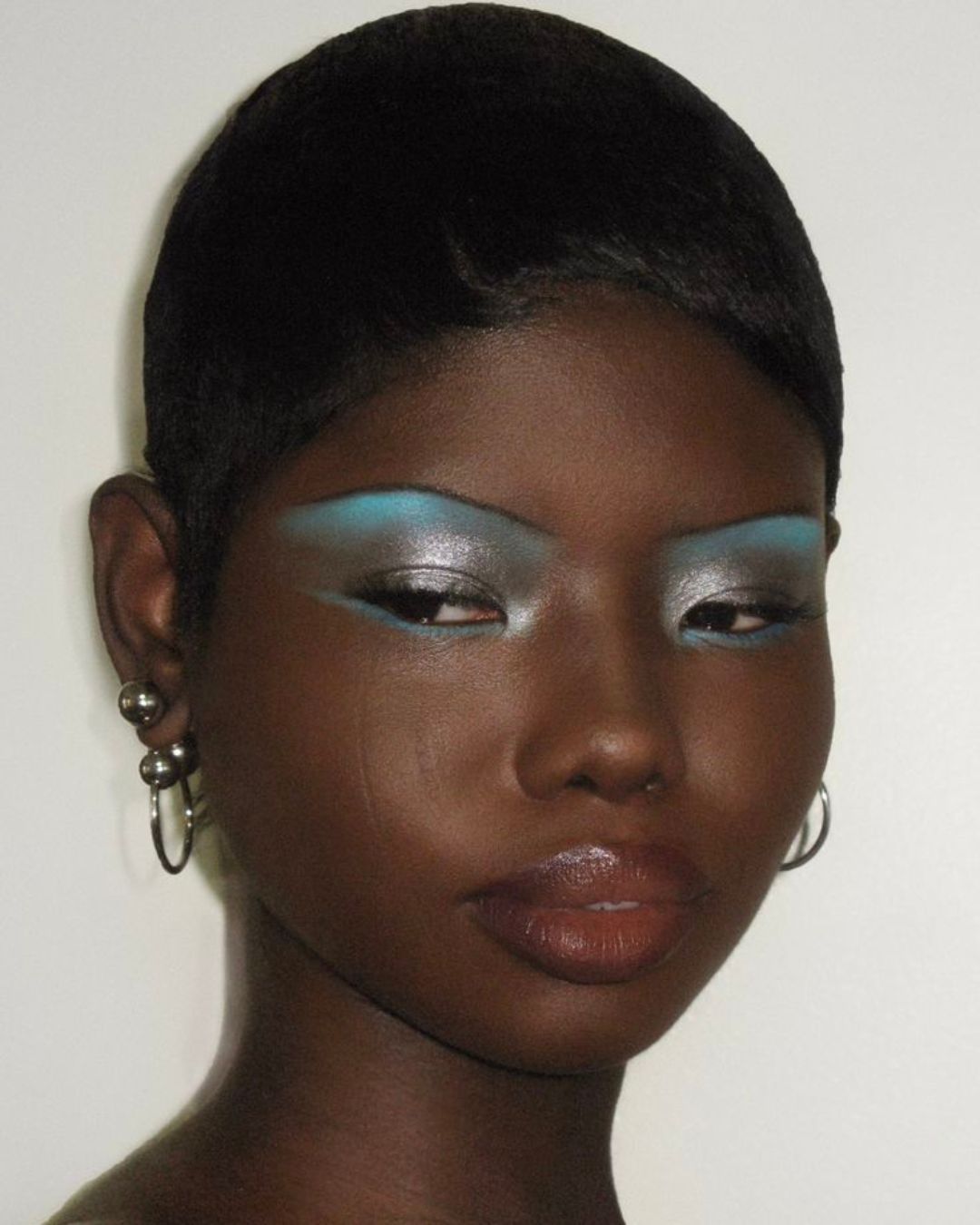
Acne in adulthood: causes and solutions Did you think acne only affected teenagers? It doesn't
Acne is a skin problem commonly associated with adolescence, a period during which hormonal fluctuations can lead to breakouts and pimples. However, contrary to what one might think, acne is not limited solely to teenagers. More and more adults, beyond the age of 23-24, find themselves dealing with this condition, often with great surprise and frustration. This form of acne can have characteristics and causes different from those typically seen in adolescence, and it is important to understand that it is not just a matter of aesthetics: it can have a significant impact on the quality of life and self-esteem of those who suffer from it. Often, adults affected by acne find themselves navigating a sea of confusing information, unsolicited advice, and many myths to debunk. In this article, we will explore the main causes of adult acne, its peculiarities compared to adolescent acne, and the available treatment options.
Causes of Adult Acne
The persistence or onset of acne in adulthood can be influenced by a variety of factors, and it is not simply a continuation of adolescent acne but may have distinctive roots and characteristics.
1. Hormonal factors: One of the main culprits of adult acne is hormonal fluctuations. Women are particularly susceptible to these changes, which can occur during the menstrual cycle, pregnancy, menopause, or due to conditions such as polycystic ovary syndrome. Androgens, hormones that can stimulate sebaceous glands, play a key role in the onset of acne.
2. Stress: The link between stress and acne is well-documented. In response to stress, the body produces higher amounts of hormones such as cortisol, which can stimulate sebaceous glands and increase the risk of skin eruptions.
3. Diet and lifestyle: Although the direct link between diet and acne is not definitively proven, some studies suggest that certain foods, such as those with a high glycemic index or dairy, may worsen acne in some individuals.
@belllekingston Please share your experiences! Im really unsure of what to do #adultacne #accutane #skincare original sound - Belle
4. Cosmetic products and skincare: The use of certain cosmetic or skincare products unsuitable for one's skin type can contribute to the development or worsening of acne. It is important to choose non-comedogenic products tailored to specific needs.
5. Genetic factors: If there is a family history of acne, there is a higher likelihood of developing acne in adulthood. Genetics can play a role in skin sensitivity, sebum production, and inflammatory response.
6. Underlying medical conditions: In some cases, acne can be a symptom of underlying medical conditions, such as endocrine disorders. It is always advisable to consult a doctor to rule out any potential pathologies.
In conclusion, adult acne is a complex phenomenon influenced by a range of internal and external factors. Understanding these causes is the first step in developing an effective and personalized treatment approach.
Treatment Options for Adult Acne
Managing adult acne requires a holistic and personalized approach. Different types of treatments can be combined to achieve the best results. Here are some common treatment options:
1. Topical treatments:
Retinoids: derivatives of vitamin A. They are effective in treating comedones and normalizing sebum production.
Benzoyl peroxide: has antibacterial properties and helps reduce inflammation.
Glycolic acid: helps exfoliate the skin and prevent pore blockage.
Anti-inflammatory agents: such as azelaic acid, useful for reducing inflammation and post-inflammatory hyperpigmentation.
2. Hormonal therapies:
Oral contraceptives: especially those containing estrogen and progestin that reduce androgen production, can be effective for women with hormone-related acne.
Anti-androgens: such as spironolactone, can be used to reduce the effects of androgens on the skin.
Inositol may help regulate hormones, especially in individuals with polycystic ovary syndrome (PCOS).
@izzierodgers_ …the sad realities #fy #foryou #acne #cysticacne #skinproblems #mentalhealthawareness Numb Little Bug - Em Beihold
3. Antibiotics:
Topical antibiotics: such as clindamycin and erythromycin, used to reduce inflammation and combat bacterial infection.
4. Systemic Retinoids:
Used in cases of moderate to severe acne, often resistant to topical therapy.
5. Laser treatments and aesthetic procedures:
Laser treatments: can reduce inflammation, treat scars, and influence sebum production.
Chemical peels: help remove the superficial layer of the skin, promoting regeneration and improving the appearance of scars.
6. Skincare and Lifestyle Modifications:
Cleansing routine: use non-comedogenic and gentle products.
Balanced diet: reduce the intake of high-glycemic foods and dairy if they are believed to influence acne.
Stress management: relaxation techniques and adequate sleep can help reduce acne episodes.
Consult a Professional
It is crucial to consult a dermatologist to determine the most suitable treatment, especially when considering options such as hormonal therapies or antibiotics. A personalized approach, taking into account specific skin conditions and individual lifestyles, is essential for effectively managing adult acne. In summary, managing adult acne requires a multifaceted approach that includes professional medical care, a good skincare routine, a healthy lifestyle, and a patient and positive attitude. Remember, adult acne is a common and treatable issue, and you are not alone in this struggle.
Maria Gavrilova has been working as a dermatologist for 10 years. Her primary interests lie in diagnosing and treating dermatological conditions in children, as well as focusing on women's skin health.

























































